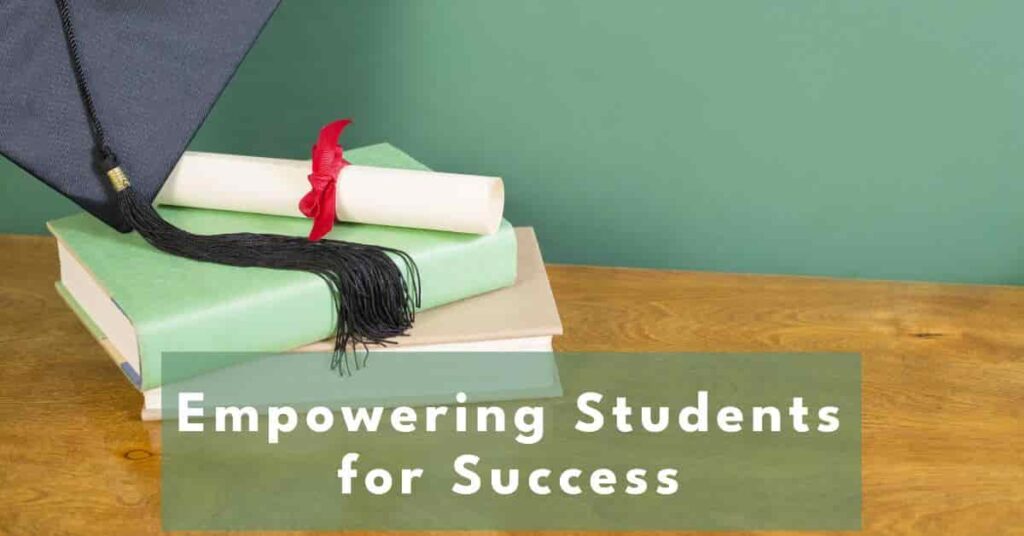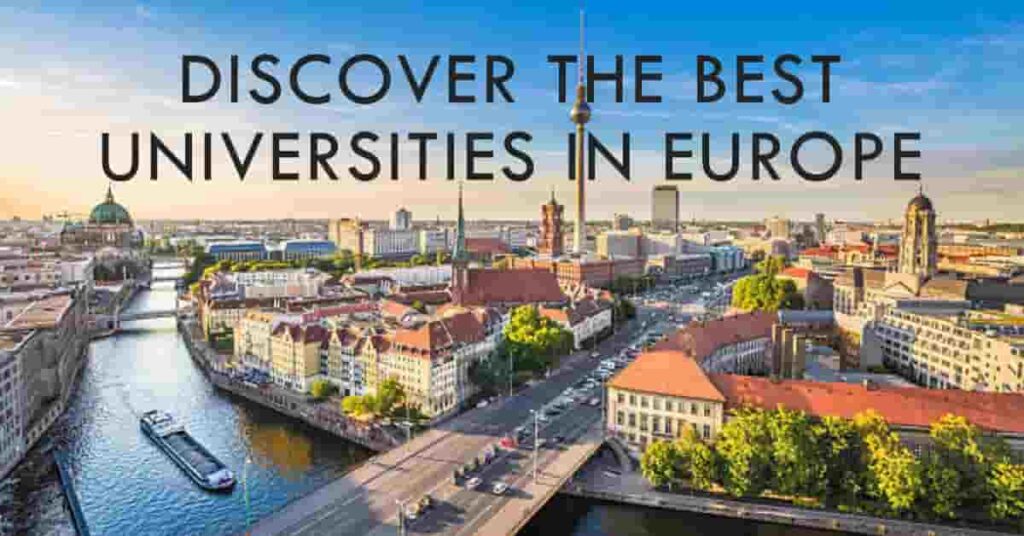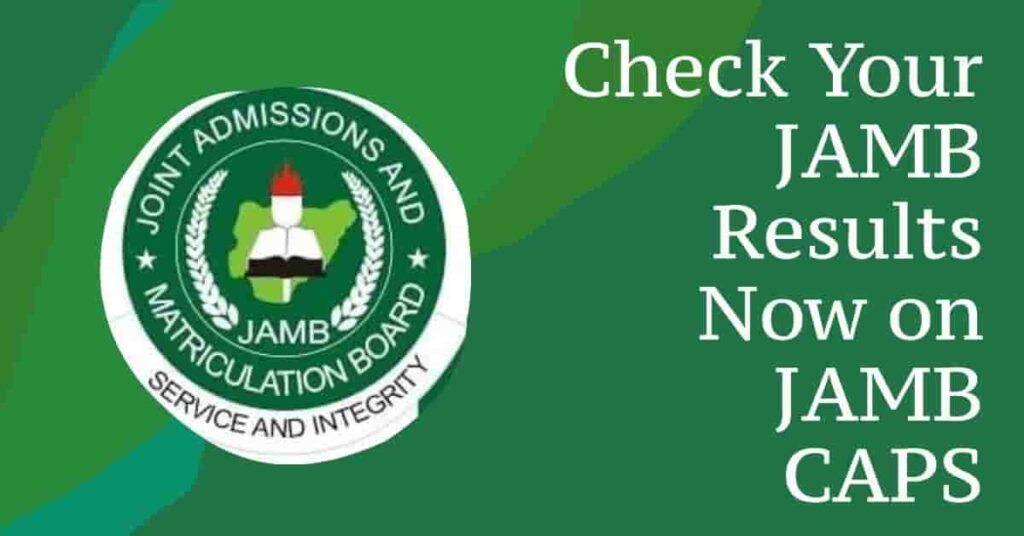Building Blocks of Educational Excellence
In the quest for educational excellence, the journey from secondary school to postgraduate studies is a pivotal period where foundational principles and learning experiences shape future success. As educators, administrators, and policymakers, our collective goal in Valdymas College is to establish robust structures and implement effective strategies that ensure every student receives a quality education. There are methods to achieve educational excellence and this are :
Foundational Learning in Secondary Education
Secondary education serves as the bedrock upon which students build their academic pursuits. To ensure educational excellence at this stage, it’s imperative to focus on fundamental skills such as critical thinking, problem-solving, and communication. Implementing dynamic teaching methods, personalized learning approaches, and incorporating technology can enhance student engagement and mastery of core subjects.

Standardizing Education for Consistency and Equity
Standardization plays a crucial role in maintaining consistency and equity across educational systems. By establishing clear learning objectives, assessment criteria, and curriculum standards, educators can ensure that all students have access to high-quality education regardless of their geographical location or socio-economic background. Additionally, standardized assessments provide valuable insights into student performance and help identify areas for improvement.
Quality Structured Learning Systems
Quality structured learning systems form the backbone of educational excellence. At Valdymas College we provide well-equipped classrooms to modern learning resources and supportive learning environments, every aspect of the educational ecosystem contributes to student success. Investing in infrastructure, professional development for teachers, and fostering collaborative partnerships with stakeholders are essential components of building a quality structured learning system.
Continuous Improvement and Innovation
Educational excellence is not a destination but a continuous journey of improvement and innovation. Embracing a culture of lifelong learning, professional development, and research-driven practices empowers educators to stay abreast of emerging trends and best practices in education. Encouraging creativity, critical inquiry, and interdisciplinary approaches fosters a culture of innovation that drives educational excellence forward.
Empowering Students for Postgraduate Success
As students transition to postgraduate studies, they require a solid foundation of academic knowledge, research skills, and critical thinking abilities. Providing mentorship, research opportunities, and access to resources enables students to excel in their chosen fields and make meaningful contributions to society. Cultivating a supportive academic community that values diversity, collaboration, and intellectual curiosity fosters a conducive environment for postgraduate success.
In conclusion,at Valdymas college we ensure educational excellence and this requires a multi-faceted approach that begins in secondary education and extends through postgraduate studies. By prioritizing foundational learning, standardizing education, establishing quality structured learning systems, fostering continuous improvement, and empowering students for success, we create an educational ecosystem where every individual has the opportunity to thrive and fulfill their potential. Together, we commit to building a future where educational excellence is not just a goal but a reality for all.
References
Darling-Hammond, L. (2010). The Flat World and Education: How America’s Commitment to Equity Will Determine Our Future. Teachers College Press.
Fullan, M. (2014). The Principal: Three Keys to
Maximizing Impact. Jossey-Bass.
UNESCO. (2015). Education for All 2000-2015: Achievements and Challenges.
Marzano, R. J., Waters, T., & McNulty, B. A. (2005). School Leadership That Works: From Research to Results. ASCD.
National Research Council. (2012). Education for Life and Work: Developing Transferable Knowledge and Skills in the 21st Century. The National Academies Press.
OECD. (2018). The Future of Education and Skills: Education 2030.
Sirin, S. R. (Ed.). (2012). Handbook of Global Education Policy. John Wiley & Sons.



